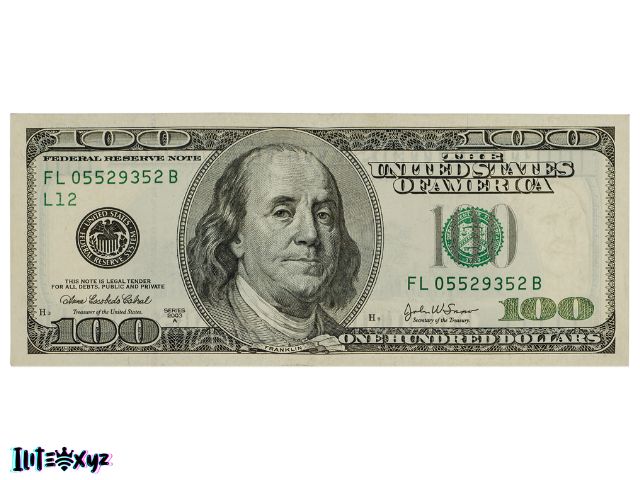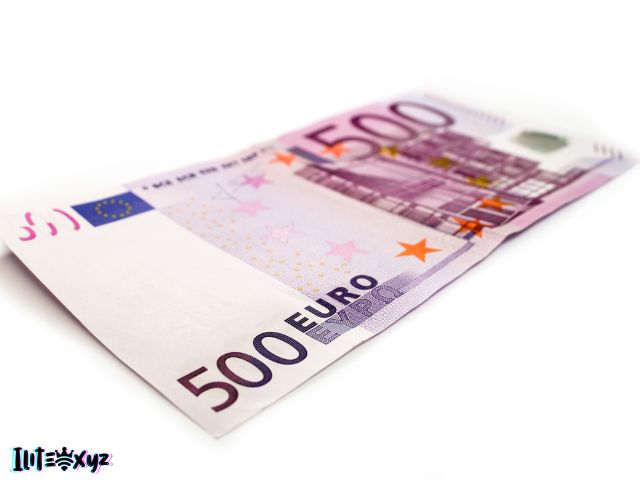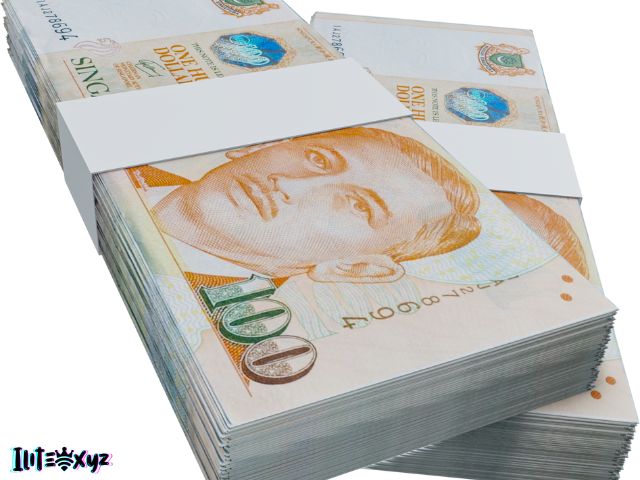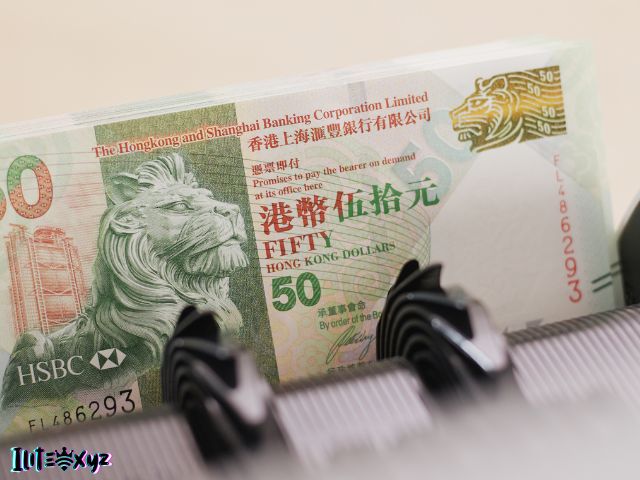10 Strongest Currencies In The World
In today’s global economy, currencies play a vital role in international trade and financial markets. The strength of a currency can significantly impact a nation’s economic stability and influence its standing on the world stage. This article explores the ten strongest currencies in the world and the factors contributing to their strength.
What Makes a Currency Strong?
Before we delve into the specific currencies, it’s essential to understand the factors that contribute to the strength of a currency:
Economic Stability
A strong currency often reflects a stable and robust economy. Countries with low inflation, low unemployment rates, and strong GDP growth tend to have stronger currencies.
Political Stability
Political stability is another critical factor. A nation with a stable government and sound policies is more likely to attract foreign investments, boosting its currency’s value.
Strongest Currencies-Interest Rates
Higher interest rates typically lead to a stronger currency, as they attract foreign capital looking for better returns on investments.
Foreign Exchange Reserves
A nation’s foreign exchange reserves indicate its ability to intervene in currency markets. Large reserves can help stabilize a currency.
Global Demand
The demand for a currency in international trade and financial transactions can drive its strength. Currencies used as global reserves are usually strong.
The United States Dollar (USD)

The United States Dollar, denoted as USD, is often considered the world’s strongest currency. It is the primary reserve currency, widely used in international trade and finance. The USD‘s strength is backed by the robust U.S. economy and political stability.
The Euro Strongest Currencies (EUR)

The Euro, represented by EUR, is the official currency of the Eurozone. It’s the second most traded currency globally and is underpinned by the collective economic might of the Eurozone countries.
The British Pound Sterling (GBP)

The British Pound Sterling, GBP, is the currency of the United Kingdom. It has a strong historical significance and is backed by a stable economy.
The Swiss Franc (CHF)

The Swiss Franc, CHF, is known for its stability and is considered a safe-haven currency. Switzerland’s strong financial sector and political neutrality contribute to its strength.
The Canadian Dollar (CAD)
![[2023] 10 Strongest Currencies In The World 2 Canadian Dollar (Cad)](https://ilite.xyz/wp-content/uploads/2023/11/WhatsApp-14.jpg)
The Canadian Dollar, CAD, is supported by Canada’s rich natural resources and stable political environment. It’s widely used in commodities trading.
The Australian Dollar (AUD)

The Australian Dollar, AUD, is linked to the country’s prosperous mining industry and robust trade ties with Asia.
The New Zealand Dollar (NZD)

The New Zealand Dollar, NZD, benefits from the country’s stable economy and agricultural exports.
The Singapore Dollar Strongest Currencies (SGD)

The Singapore Dollar, SGD, reflects the nation’s well-managed economy and strong trade relationships.
The Hong Kong Dollar (HKD)

The Hong Kong Dollar, HKD, is closely tied to Hong Kong’s thriving financial sector and trade connections.
The Norwegian Krone Strongest Currencies (NOK)

The Norwegian Krone, NOK, gains strength from the country’s oil exports and strong fiscal policies.
Factors Influencing Currency Strength
Several factors influence the strength of a currency, including economic indicators, interest rate differentials, geopolitical events, and market sentiment. Exchange rate movements are dynamic, and currencies can fluctuate due to various factors.
Conclusion
In the ever-changing landscape of global finance, understanding the strength of different currencies is crucial. Strong currencies often indicate stable and prosperous nations, attracting investments and contributing to economic growth. These ten currencies are not only powerful but also play a significant role in the world economy.
FAQs on Strong Currencies
1. What is the world’s strongest currency?
The United States Dollar (USD) is widely considered the world’s strongest currency.
2. How can a country strengthen its currency?
A country can strengthen its currency by maintaining economic and political stability, increasing interest rates, and building foreign exchange reserves.
3. Why is the Swiss Franc a safe-haven currency?
The Swiss Franc is considered a safe-haven currency due to Switzerland’s strong financial sector and political neutrality.
4. What factors lead to currency fluctuations?
Currency fluctuations can result from economic indicators, interest rate differentials, geopolitical events, and market sentiment.
5. Why are strong currencies important for a nation’s economy?
Strong currencies attract foreign investments and improve a nation’s economic stability, leading to increased prosperity and global influence.
![[2023] 10 Strongest Currencies In The World 1 Top 10 Stronger Currenoes](https://ilite.xyz/wp-content/uploads/2023/11/WhatsApp-9.jpg)

